During a soft and steady rain that soaked the narrow lanes around Ghana Street, near St. Uriel Church on the edge of the Uriel School campus, pedestrians shuffled along under umbrellas, hoods, or bare heads.
A woman in particular seemed impervious to the drizzle. Yirgedu Bereded strode down the slick road, clutching two heavy bags, her umbrella dangling uselessly from an arm. At 41, her slouched shoulders and drawn face betrayed the fatigue of years spent wrestling with rising costs and shrinking paychecks.
“Living is hard now,” she told Fortune quietly as she paused beneath a dripping canopy. “Now the money is nothing. I can’t do anything even when I have it.”
Twenty-five years ago, her monthly salary totalled a mere 280Br. Today, working as a finance manager for Uriel School, it has reached 8,424Br. Yet, nearly a quarter of this is lost to income tax. Two decades ago, her husband, a doctor at Tikur Anbessa Teaching Hospital, died, leaving behind a modest pension that recently rose by 500Br. But, it barely makes a dent in her bills.
Years before he passed, he urged her to secure a home. She registered for a condominium in Yeka Abado, and for the past 12 years, mortgage and interest payments have gnawed at her paycheck. Each month, she sends 1,700 Br to her lenders. Her 25-year-old daughter now chips in when she can, making the household a two-resident operation living on three incomes.
Even that fails to close the gap between earnings and essentials. Yirgedu sounded nostalgic about the era when she used to buy a kilo of teff for 70 cents. At the current price, it hits 150 Br.
Remembering those days, she smiled softly, more from resignation than mirth, then realised yet again she had forgotten to open her umbrella. A small sign, perhaps, of stress-induced forgetfulness.
Across the city, similar struggles play out daily.
Melese Legesse, who a decade ago helped shape Ethiopia’s tax structure, now watches his family scrape by on a net income of 5,645 Br. His gross pay, including allowances, reached 10,000 Br, but half of that is spent on rent.
Last week, Parliament ratified an amendment to the income tax code that raises the tax-free threshold by 300pc to 2,000 Br. Federal officials lauded the move as progressive, but accountants warn that most taxpayers will see gains that barely register against soaring living costs, an average of just 500Br, with a maximum boost of 1,050Br.
For workers whose wages have lagged behind inflation, such increases amount to little more than a symbolic gesture.
“Even with the new tax rates, the money does nothing in my hands,” Melese told Fortune. “Better to put it into infrastructure.”
It is a profound voice of desperation that has prompted Kassahun Folo, president of the Confederation of Ethiopian Trade Unions (CETU), to use parliamentary hearings to press for deeper relief.
“According to the international poverty scale, 2.15dollars a day equals 64.5dollars a month,” he said.
He urged federal lawmakers to match the untaxable threshold to 8,324 Br and cap the minimum rate at 10pc instead of the prevailing 15pc.
“The public servant needs subsidies as is, not taxation,” he said. “This amendment doesn’t even reflect today’s cost of living, let alone next year’s.”
At the Ministry of Finance, officials say that raising the threshold to 2,000 Br would slash revenue by 38.4 billion Br, and setting it at 3,000 Br would result in an annual revenue loss of over 70 billion Br to the federal coffers, roughly 0.21pc of GDP.
However, they acknowledge that the reform comes with tradeoffs. They claim to have discovered that 67pc of registered taxpayers report recurrent annual losses, even after adjustments.
Corporations also pressed their case in the public consultation. They argue that suspicions of tax evasion based on early losses should not apply to firms with transparent financial records and long-term commitments.
Safaricom Ethiopia Plc, which has invested 350 billion Br under a 15-year license, has joined the calls to exempt telecom operators from the alternative 2.5pc turnover tax.
“We’re mandated to build infrastructure even if there might not be profit,” said company representative Dawit Fiseha.
Analysts forecast that Safaricom’s losses in earnings before interest, taxes, depreciation, and amortisation, known in corporate lingo as EBITDA, will total four billion Birr in 2024, with a break-even point not expected before 2026 and taxable profits unlikely until 2027.
Nonetheless, the company continues to invest heavily in expansion, including 850 million dollars for its operating license, 600 million for network rollout, and an additional 150 million dollars to secure an MPESA permit in 2023. By mid-2025, it had more than 6.1 million GSM subscribers, 8.3 million M-PESA users, and processed two million transactions worth 247 million dollars.
Safaricom Ethiopia operates over 3,000 network sites and intends to reach 85pc national coverage by 2026.
Traditional conglomerates, such as East African Holdings, also voiced concerns.
Haile Bayissa, a senior executive at the Group, criticised the new levy on gross turnover as unconstitutional, since it taxes unearned revenues.
Incorporated in 1891 by Buzuayehu Tadelle as a significant shareholder, East African Holding spans from fast-moving consumer goods, agroprocessing, cement, real estate, and energy.
According to Haile, East African Holdings, with consolidated financial reports across diverse sectors, struggles to have its unified reports recognised for tax purposes. One subsidiary, an agricultural operation, earns seasonal income, making quarterly payments especially challenging.
The reform package goes further, doubling the tax on savings to 10pc. According to the National Bank of Ethiopia (NBE), 55pc of deposits rest are in savings accounts, with the remainder in demand and time deposits. The minimum savings rate remains at seven percent.
“This move undermines financial inclusion and liquidity,” cautioned Demessew Kassa, secretary general of the Ethiopian Bankers Association (EBA), forecasting that households could retreat from formal banking.
Small businesses also stand to lose.
Yohannes Woldegabriel of the Ethiopian Chamber of Commerce warned that a tax on gross turnover threatens low-margin operators with closure, citing India’s reversal of similar rules after widespread failures. He criticised a novel requirement that foreign firms begin tax payments after only 91 days, well short of the six-month grace period common elsewhere. He questioned whether simplified compliance could justify such risks.
Tax experts offered a more mixed view.
Biruk Nigussie, a former advisor at the Ministry of Revenues, noted that simplified regimes can ease reporting for microenterprises, yet the amendment creates new taxpayer categories. Digital content creators, including podcasters, social media influencers, ad operators, and affiliate marketers, must register once their earnings cross a yet-to-be-defined threshold. Cross-border revenues and offshore asset sales with more than 20pc Ethiopian source value will also attract domestic tax levies.
The definition of a permanent establishment has been expanded to include operations lasting more than 91 days, construction projects, and consulting assignments. Even without a formal establishment, cross-border service providers generating Ethiopian-sourced income will face tax liability. The code further stipulates that communication revenues via satellite, cable or internet be treated as local income, and compels foreign missions and international organisations to report staff data.
Business income tax for mining and petroleum ventures is set at 30pc, while non-resident entities face 15pc on gross revenue and five per cent to 15pc on royalties, dividends, and service fees.
Federal officials believe these sweeping provisions target to broaden the tax base, standardise enforcement, and modernise practices across sectors. Yet, they arrive amid a broader push to fund a near two trillion Birr budget.
In advanced economies, income taxes account for 30pc to 40pc of total revenues; India leans more heavily on corporate levies. According to Cepheus Research & Analytics, a local equity firm run by Berhane Asfaw, income tax currently accounts for about 28pc of Ethiopia’s receipts, yet the country’s tax-to-GDP ratio remains among the world’s lowest at roughly eight percent, well below the sub-Saharan African average of 15pc and the IMF’s benchmark for sustainable development.
The federal government hopes to lift that ratio by one percentage point annually, targeting double digits within three years, disclosed Eyob Tekalegn (PhD), state minister for Finance, the face of the administration who defended the revised income tax bill before the federal legislative chamber.
But experts caution that rate changes alone cannot fix systemic complexity.
“The tax code needs simplification and clarity,” said Awoke Asfaw of the Ethiopian Professional Association of Accountants &Auditors. “Without a better understanding, compliance will remain uneven and burdens will persist.”
Eyasu Girma, a professional accountant, illustrated the disparities with a hypothetical case. An employee earning a monthly 14,000 Br would pay 34,000 Br in annual tax under the new law, while a businessperson with identical income would owe the state only 5,640 Br.
“It’s a systematic way to push people out of formal employment,” he said, warning that the income tax reform might deter investment and heighten informality.
Even opposition legislators, though critical of the revised law, lodged procedural grievances. Desalegn Chanie (PhD) of the National Movement of Amhara (NaMA) described the legislation as “revolutionary” but noted that it lacked sufficient stakeholder consultation. The State Minister countered that the amendment took two years to craft and would bring salaries into line with global norms of progressive brackets and alternative regimes.
“We needed to balance the economy,” he said. “Quarterly payments should ease cash flow for businesses.”
Regional governments fear similar imbalances. In Sidama Regional State, salary income generated over two billion Birr last year, 15pc of the region’s total revenue.
The Revenue Bureau collected 13.7 billion Br, meeting 90pc of its goal but covering only 63pc of expenditures. Municipal collections lagged at 69pc of target.
“These adjustments could deepen our deficits,” warned MulatYusufu, deputy head of the Revenue Bureau under the regional state, noting that fraudulent loss claims already undermined enforcement.
As the amendment takes effect, workers like Yirgedu and analysts in every sector question whether the new rules address real-world challenges. For many, the figures on paper mean little when the cost of living climbs and wages lag.
From rain-slicked streets to the marble floors of Parliament, one idea stood out. While everyone shares the burden, it is not shared equally.
People like Melese feel that the top one percent are not paying what they owe.
“That’s the real issue,” he told Fortune.





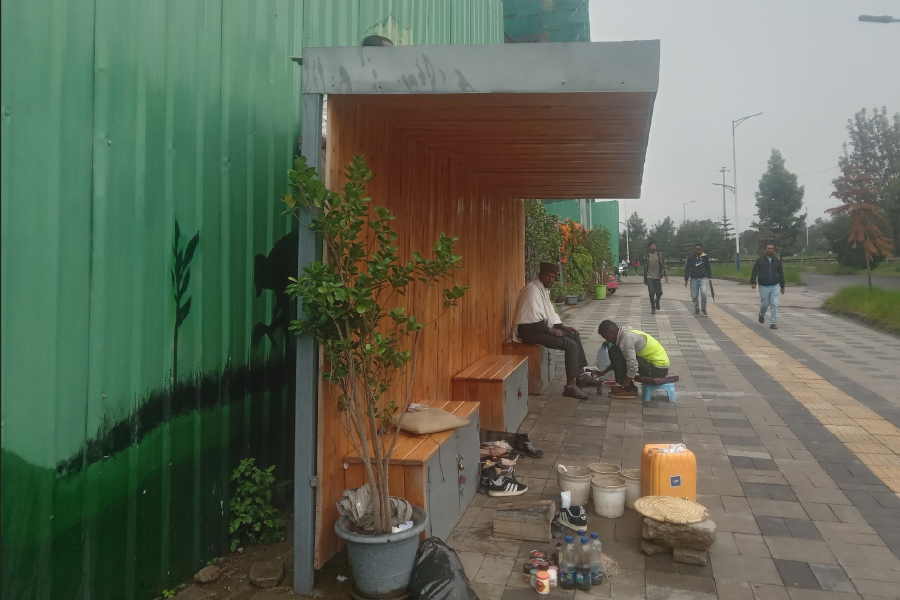

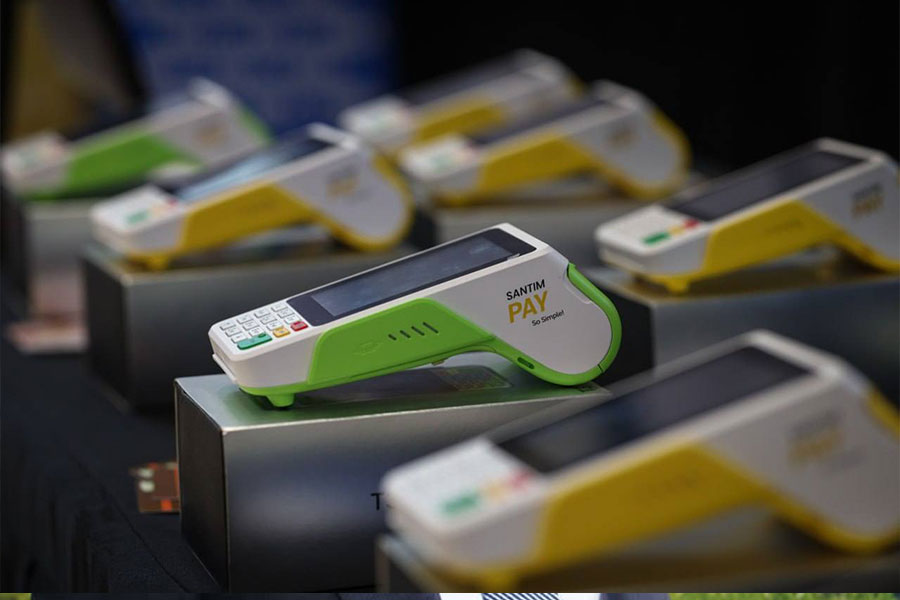

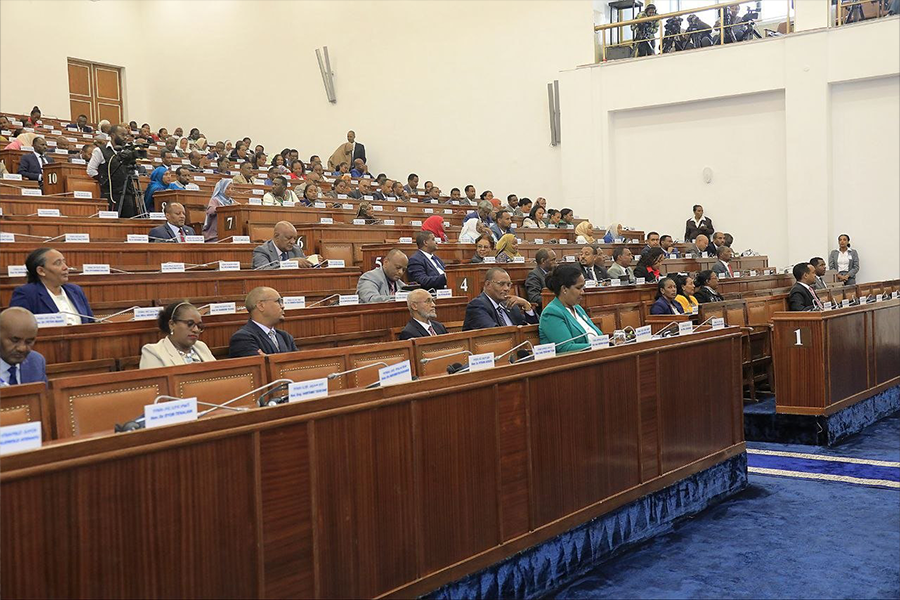
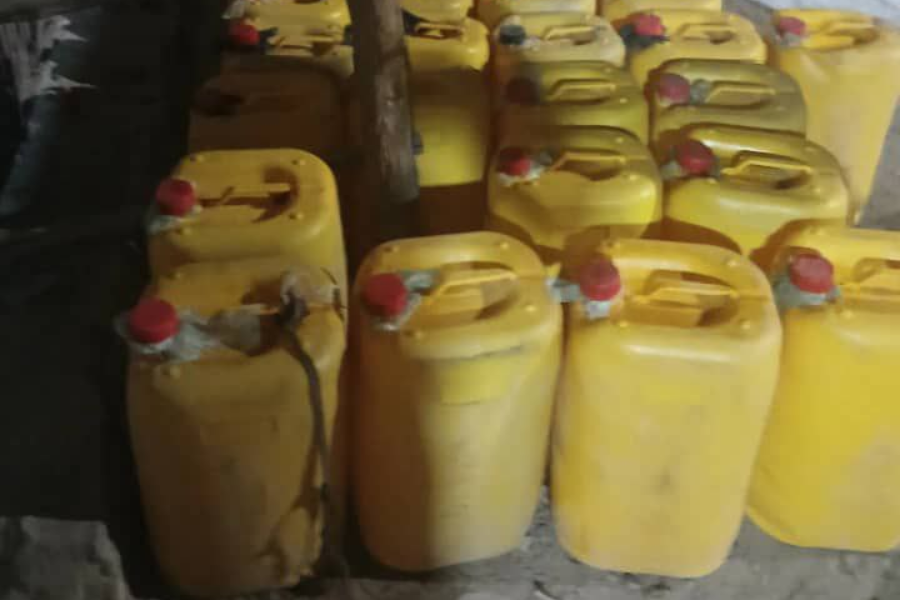


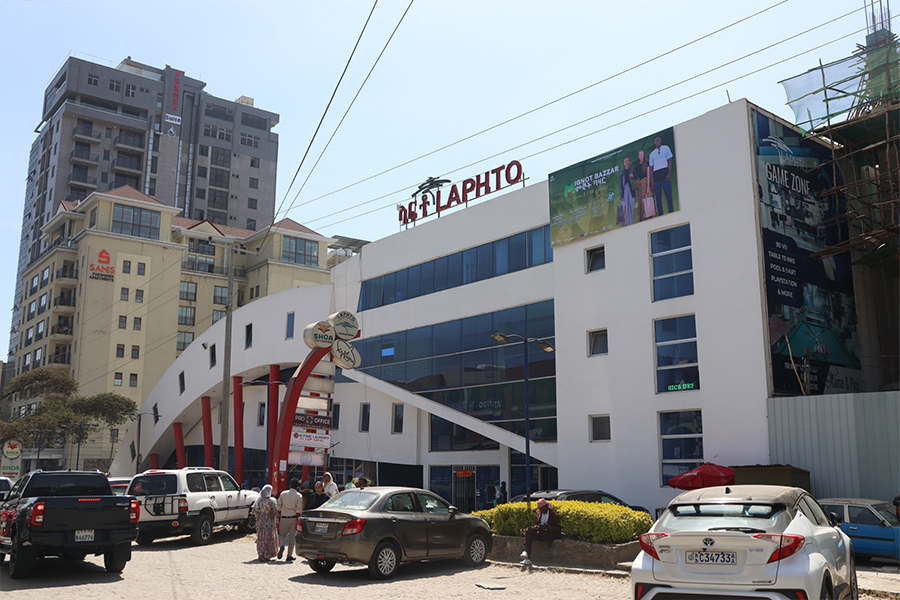
 Loading your updates...
Loading your updates...